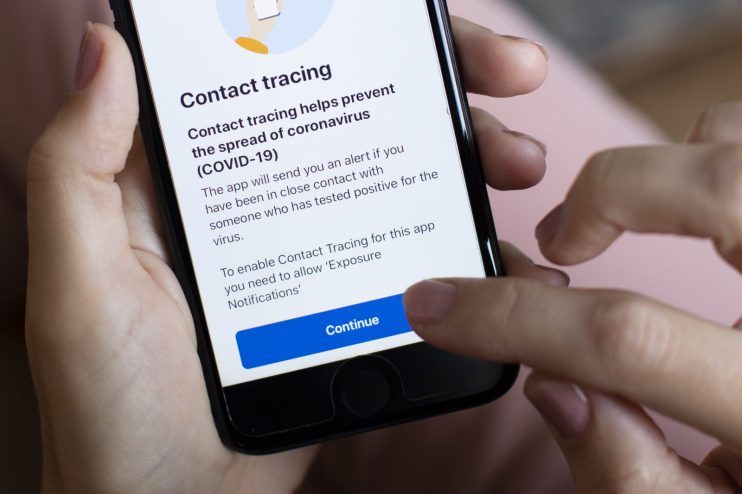Breaking: Self-isolation period slashed to 10 days from Monday

The self-isolation period for contacts of people who have tested positive for coronavirus will be cut from 14 days to 10 days from Monday.
The change will also apply to people forced to quarantine after returning to the UK from high-risk countries.
It means people across the four nations who have already been self-isolating for 10 days or more will now be able to end their quarantine on Monday.
There will likely be a time-lag before the changes are implemented on the NHS Covid-19 app, meaning anyone with three days or less on the app’s countdown on Monday will no longer be required to adhere to the extra days in quarantine.
The self-isolation period for those who have tested positive for coronavirus is already 10 days.
The change of tack comes following concerns of low compliance rates with the current quarantine guidelines.
A scathing report published today by the National Audit Office (NAO) found that between 10 and 59 per cent of people comply with instructions to self-isolate.
It suggested that the high level of infection among the UK population meant that Covid contacts were being forced to go in and out of isolation on a regular basis, leading to “self-isolation fatigue”.
Baroness Dido Harding this morning announced government plans to scrap the self-isolation period altogether for contacts of positive Covid cases, in favour of daily rapid flow test scheme.
Under new plans for Test and Trace, people who have been in contact with someone who tested positive with coronavirus will be contacted by phone and sent a week’s worth of lateral flow testing devices.
The pilot scheme is being trialled in several schools, businesses and universities across the country. It would see contacts test themselves at home every day for seven days, with people will be able to leave home and go about their normal lives if a test yielded a negative result.
However, the UK’s chief medical officers have repeatedly affirmed that the self-isolation period is “essential to reducing the spread of Covid as it breaks the chains of transmission”.
It comes after the NHS Test and Trace programme has come under fire for repeatedly failing to meet targets while swallowing up taxpayer money.
Chancellor Rishi Sunak last month unveiled a further £7bn for the contact tracing system, taking its total funding to £22bn since the start of the pandemic.
The figure means NHS Test and Trace’s budget is now more than the combined budgets for England’s police and fire services, which this year will receive £15.2bn and £3bn respectively.